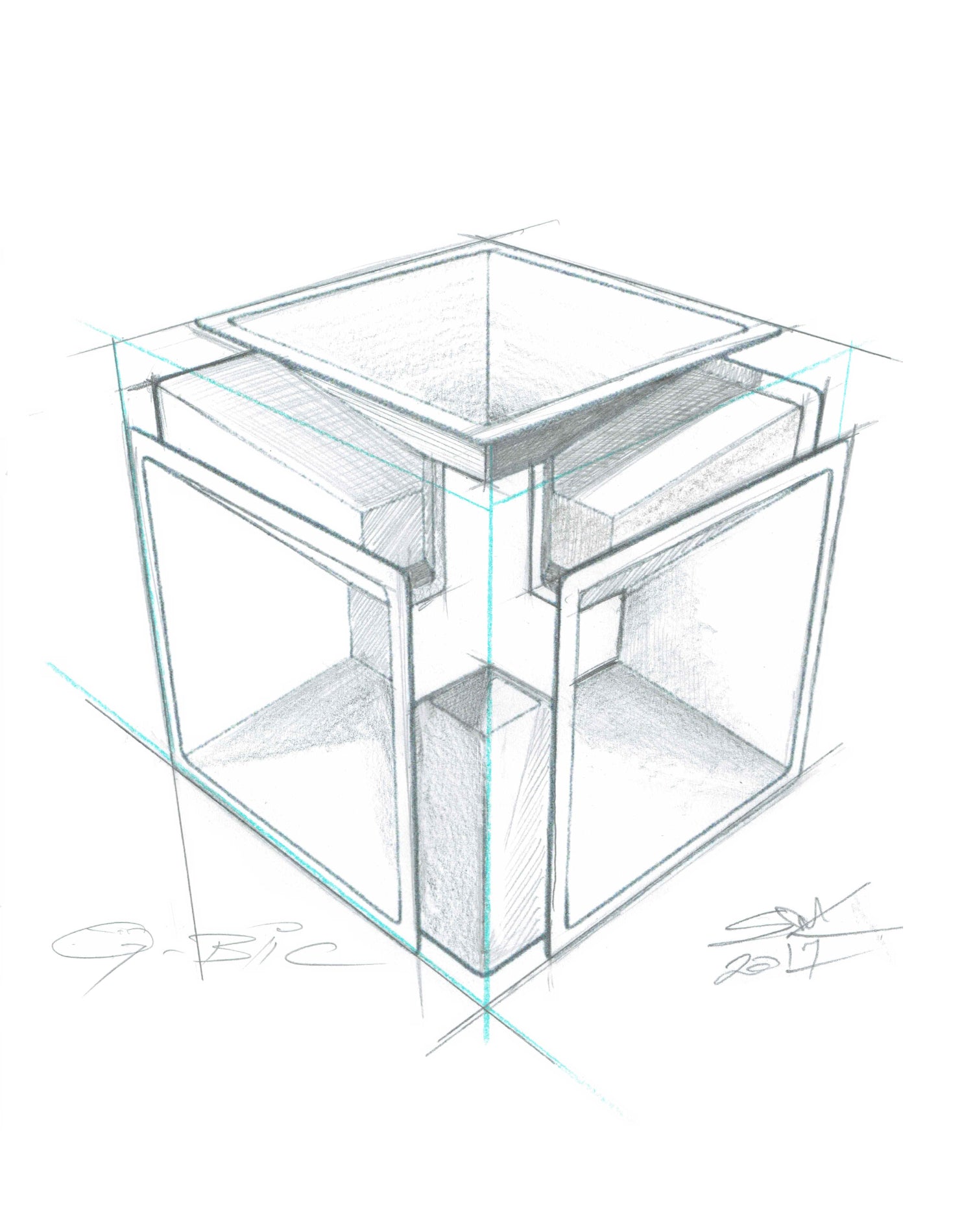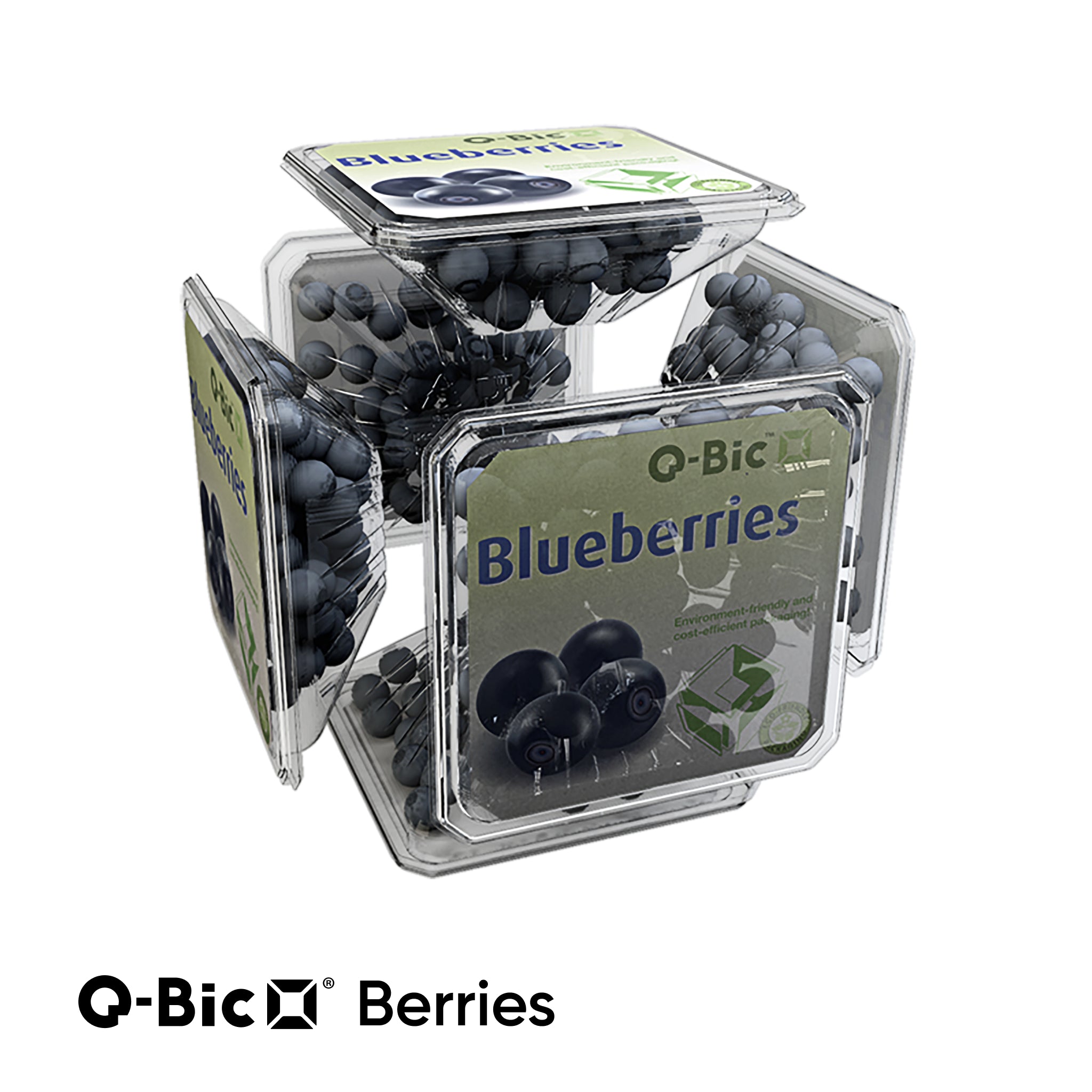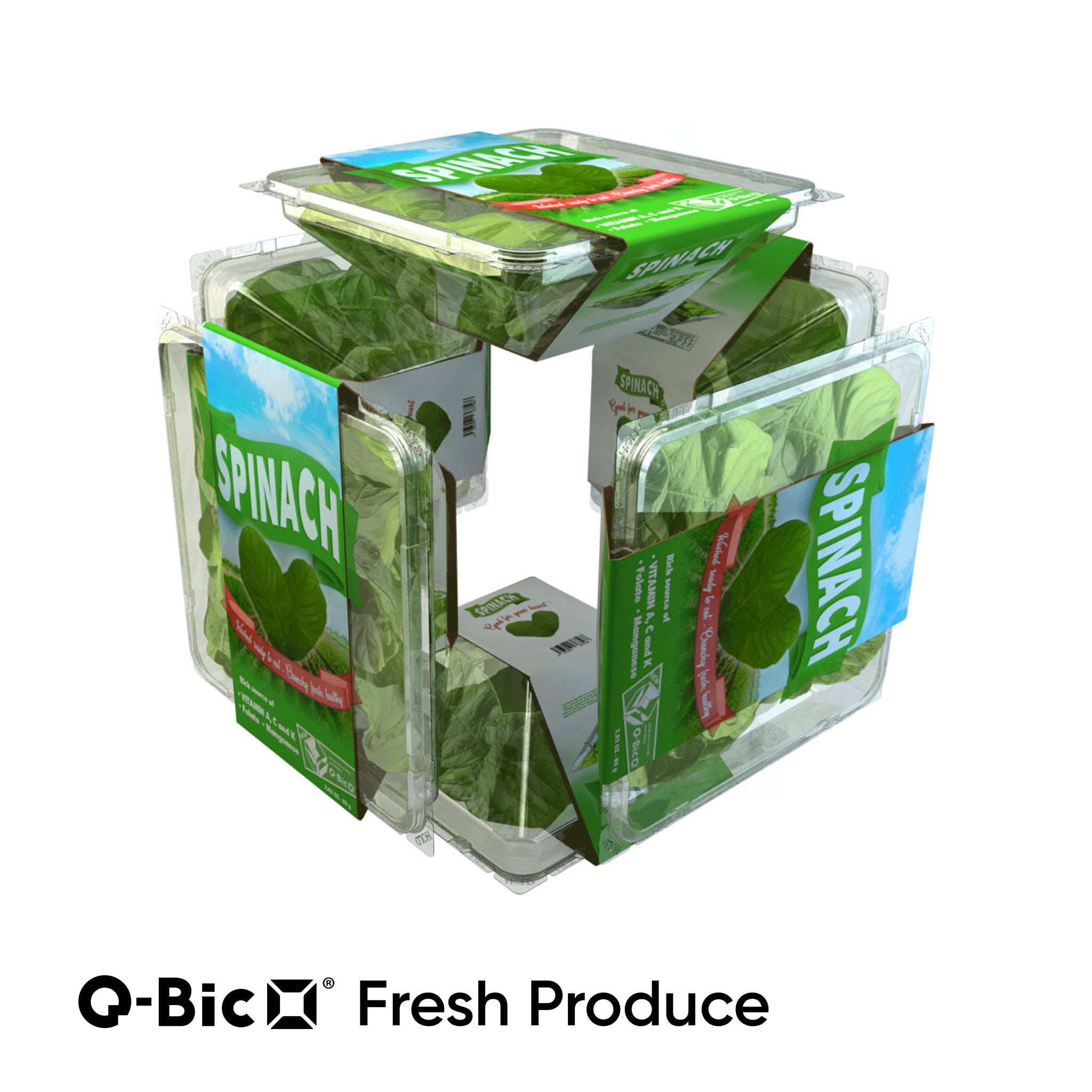The Challenge
The Climate Change
The global challenge of climate change is our planet's No. 1 challenge and will affect us all. The consequences of not reaching our climate targets will be serious.
In addition to the fact that in November 2022 the EU introduced stricter regulation of packaging design - which will also limit the transport of air - we are constantly seeing new measures from authorities to ensure smarter consumer packaged goods. Measures and regulations within CPG are expected to strengthen further in the future.
With Q-Bic, manufacturers, brand owners, and retailers have a solution that not only will reduce emissions significantly overnight, but also reduce costs throughout the value chain and strengthen your brand's reputation.
Food Waste
The environmental impact associated with production and transport is much greater than the environmental impact from the production and use of packaging. The packaging's most important task is to safeguard the products as best as possible through the value chain, so that they arrive fresh and undamaged to the consumer.
Correct packaging is therefore one of the most important measures against damaged goods and food waste, and with Q-Bic® you will ensure maximum efficiency in transport and logistics and a minimum of damaged goods and food waste, thus limiting loss of profits to a minimum.
Transport of excessive air.
Traditional packaging solutions allow excess air to be transported through the supply chain.
This involves unnecessarily high costs linked to logistics, shipping, cooling/storage, and emissions - to transport air...
Most food containers aren't perfect cubes.
Food packaging containers come in all shapes and sizes and while many food packaging designs are preferred for marketing purposes the main reason few food containers are perfect cubes is the need to stack empty containers during transportation from packaging production of the packaging site.
Food travels longer distances.
In the USA food travels on average more than 1,500 miles from farmer to plate while food is the most transported commodity representing more than 20% of all goods lifted by heavy goods vehicles in the UK. Although carbon emission from “food-miles” is relatively small in the overall food system there is tremendous potential for improvement – significantly reducing emissions and costs.
Fresh produce require short lead times.
Slower means of transportation such as shipping contributes to a smaller carbon footprint and cost compared to land and air transportation, however, the rapidly growing demand for fresh products results in more carbon intensive transportation due to low lead time requirements.
Logistics are expensive and can be constraint.
Complex supply chains account for significant costs for growers, distributors, brand owners and retailers, etc. Generally, as a low-margin high volume industry, increasing logistical costs will hit margins unless the cost is transferred to the consumer. Also, transportation is in certain regions becoming a constraint due to the lack of drivers
Q-Bic®
The Q-Bic concept was invented by Stian Valentin Knutsen after he was challenged by a Norwegian food chain to design a new space-efficient packaging solution.
Our Solution



